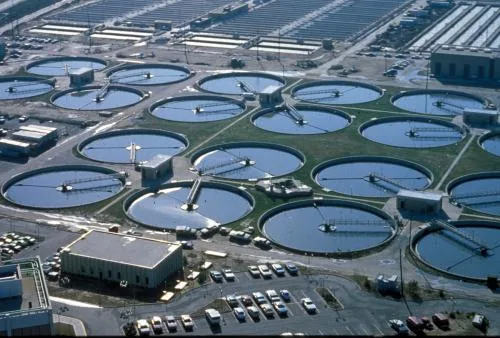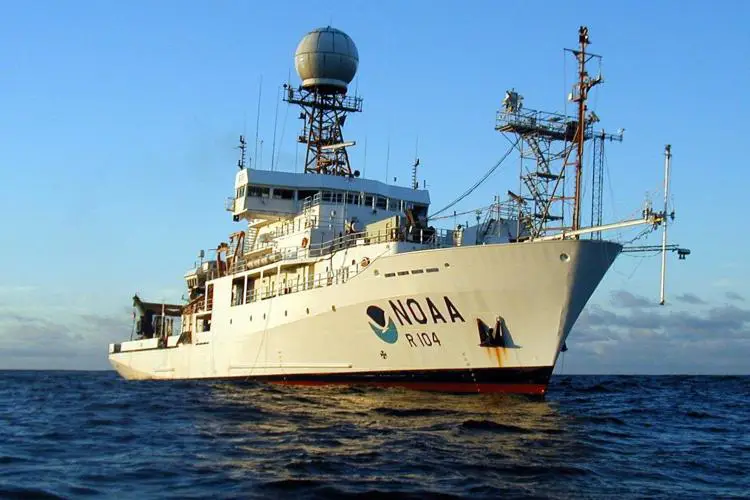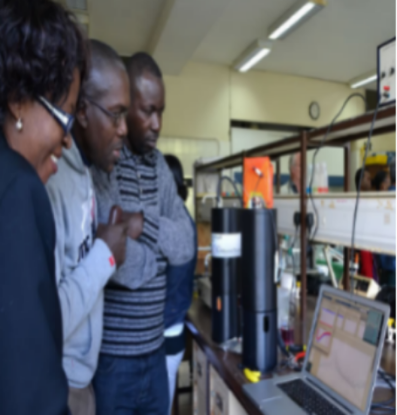NOAA, DFO Canada report on cross-border ocean acidification mitigation research
A new technical report published by the Fisheries and Ocean Canada and NOAA summarizes our knowledge gaps regarding the potential of blue carbon to mitigate coastal ocean acidification in shared waters.
NOAA, DFO Canada report on cross-border ocean acidification mitigation research Read More »













